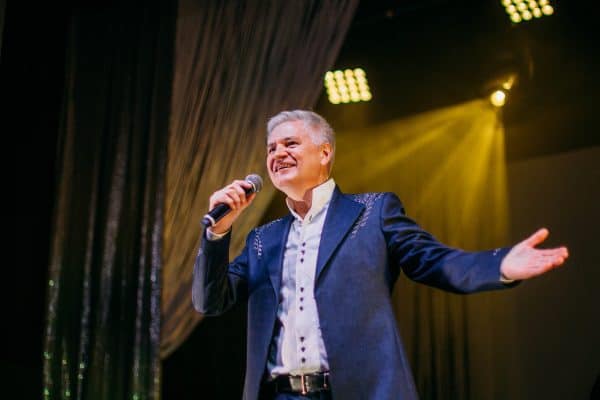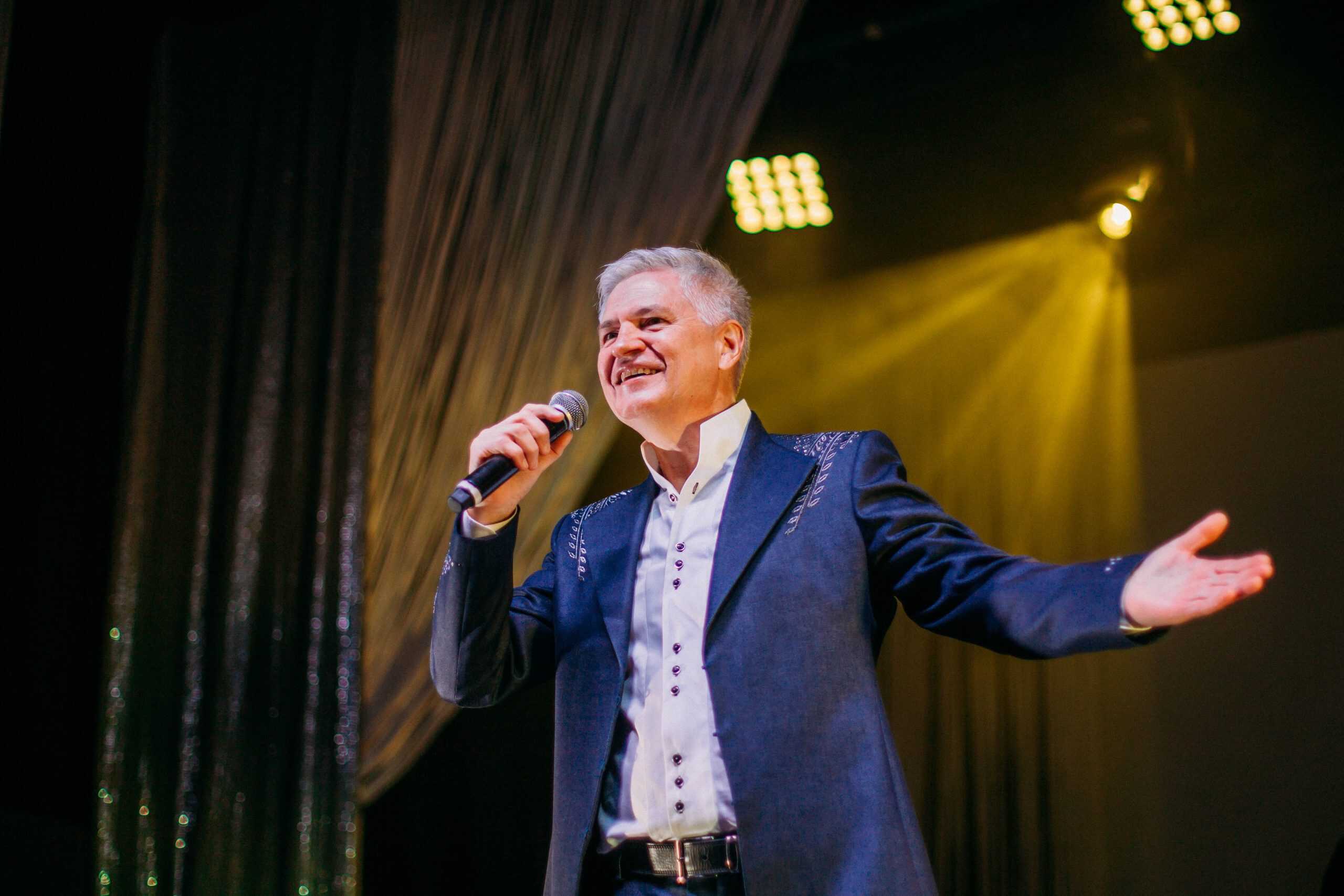

Byline: Malana VanTyler
A talented singer and songwriter on why streaming needs music with history
The streaming era has transformed how we consume music, but not everyone has benefited equally. While younger acts ride TikTok virality and algorithmic playlists, many established musicians often find their work undervalued in the digital economy. This gap between generations has sparked debates worldwide, and in the UK, it’s already driving action. Major labels and the government endorsed reforms to modernize outdated contracts, ensuring that long-standing and session musicians receive a fairer share of streaming revenue, with millions in additional payouts expected.
This move points to a bigger question facing music today: how can streaming give long-standing catalogs a fair shot, help artists break through outside their home markets, and serve listeners over 40 who are often overlooked by the mainstream? To explore these questions, we turned to Vasili Sushko, a Belarusian singer-songwriter whose personal journey with music began in childhood with guitar playing and participation in a school ensemble, paused for many years after military service, and later returned with renewed strength. Over the past decade, he has devoted himself to songwriting and artistic development, creating a catalog that already includes more than 200 songs. Today, his works are streaming on Spotify and Apple Music, and his membership in the Belarusian Union of Musical Figures, the country’s leading association uniting nationally recognized artists, affirms his standing in the professional community.
Vasili, you’ve seen the music industry before and after the advent of streaming. From your perspective, what changed most for artists with long-standing catalogs?
Streaming completely reshaped how music lives in the world. For artists with long-standing catalogs, the biggest change is visibility: before, songs could fade once radio rotation ended, but now every track has a chance to be rediscovered globally. At the same time, the challenge is standing out in an endless sea of content; algorithms don’t always favor deeper, more lyrical work. So while streaming opens doors, it also demands new strategies to make sure experienced voices aren’t lost in the noise.
Reforms are beginning to reshape how streaming revenues are shared, giving more recognition to established musicians like you. Are similar steps needed across the industry worldwide?
Yes, I believe they are. Streaming has created amazing opportunities, but it hasn’t always reflected the true value of long-standing work. Recognizing established musicians is fair, and it also enriches the platforms because audiences want both fresh voices and music with history. If reforms expand worldwide, it could encourage more experienced artists to bring their catalogs online and keep contributing to the global conversation.
Vasili, with more than 200 original songs to your name, including “Postoronis’, Toska” (Step Aside, Sorrow), which earned you the 2024 Russian Chanson Award, what are the biggest challenges in making that body of work stand out on global platforms such as Apple Music and Spotify?
One of the hardest things about a large catalog is that streaming platforms are built to push what’s new, not what’s already proven. Older songs can have real-life relevance; they’ve been heard on the radio, embraced at concerts, and loved by audiences, but online, they can easily fade from view. The challenge is keeping that history visible, ensuring that listeners not only discover the latest release but also the body of work behind it.
Global platforms are supposed to open borders. Do you agree with that expression, and what has surprised you most about that global reception?
I do agree, because once music is on global platforms, it no longer belongs to just one country. What surprised me most is how quickly it can find homes in places I never imagined. A song written with my own culture in mind suddenly resonates with listeners who don’t share the language but still connect to the feeling. That kind of reception reminds me that music really does cross borders more easily than anything else.
The mainstream industry often overlooks listeners over 40. Yet, your work speaks directly to them. From writing meaningful, melodic songs to shaping the Belarusian chanson scene, you have helped define the tastes of middle-aged and older audiences and set creative standards that influence other songwriters. How do you connect with this audience, and what role do you think they play in shaping the future of the streaming industry?
Listeners over 40 engage with music differently. They look for songs with stories and emotions rather than quick trends. The recognition of “Postoronis’, Toska” shows that this demand is real and worth supporting. On streaming platforms, this group may not dominate the charts, but they are loyal, consistent, and willing to spend on music that speaks to their lives. That makes them an essential part of how streaming can grow sustainably.
Your impactful collaborations with Pesnyary, the legendary Belarusian folk-rock ensemble founded in 1969, bridge tradition and modern platforms. With about 30 of your songs recorded and nearly 10 music videos produced, do you see this blend of heritage and digital reach as a model for how established musicians can stay relevant globally?
What I’ve learned is that when music carries history, it can still find new life if it’s presented in the right way. Collaborations that bring established sounds onto modern platforms show audiences that heritage and innovation don’t have to be separate. That balance can keep experienced musicians relevant while opening doors to listeners who might be hearing this kind of music for the first time.
Looking ahead, what steps do you believe musicians with decades of experience should take to thrive in the digital economy, and what role should platforms and labels play in supporting that journey?
For musicians with long experience, the key is to keep their catalogs active rather than letting them fade into archives. Everything in the industry moves quickly, and anyone who wants to grow must be prepared to learn new tools and adapt along the way. That might mean embracing digital releases, live recordings, or new formats that give older work fresh visibility. Platforms and labels also play a role, not just in pushing trends, but in providing space to music with depth and history. When both sides move forward together, audiences gain a more comprehensive understanding of what music can offer.

